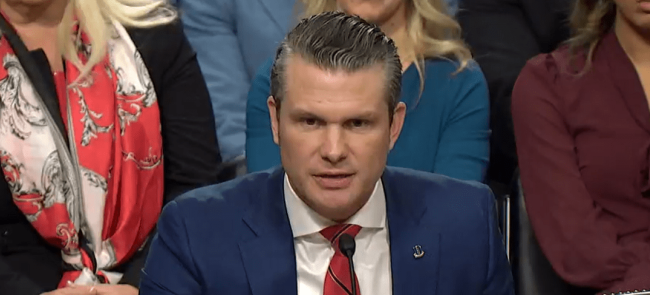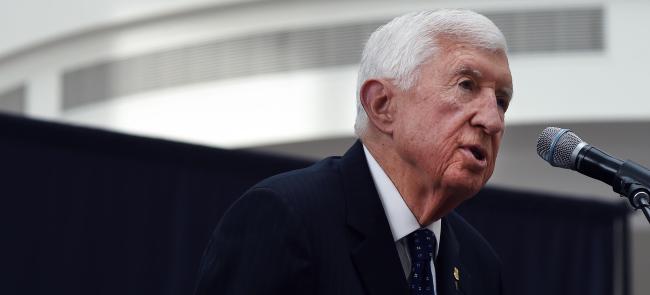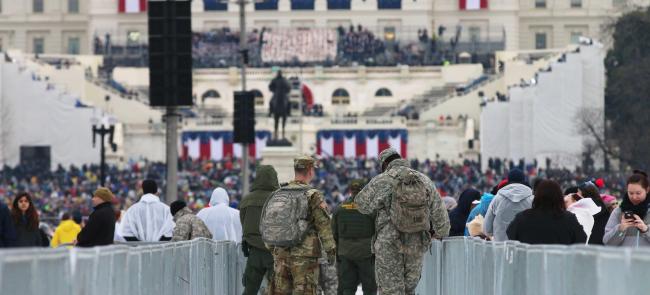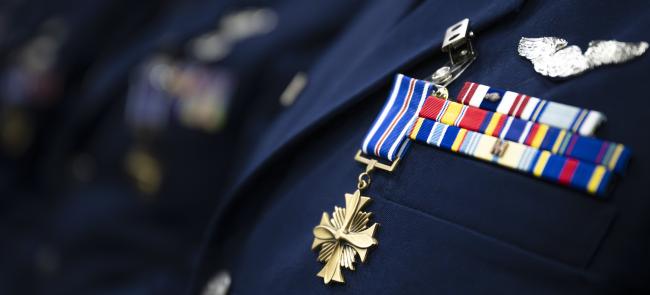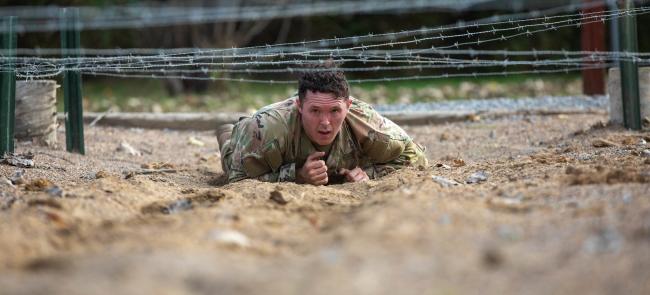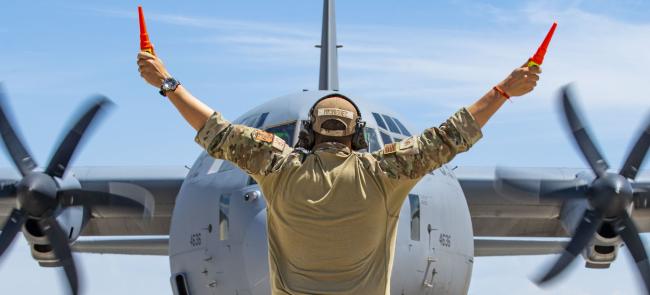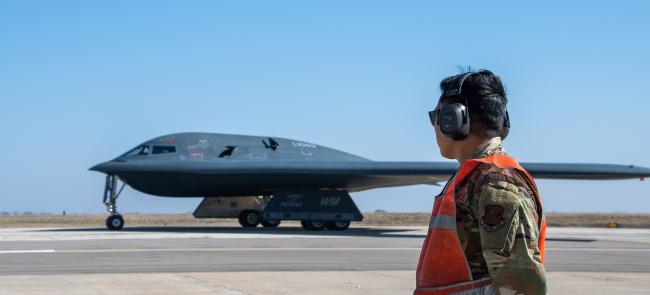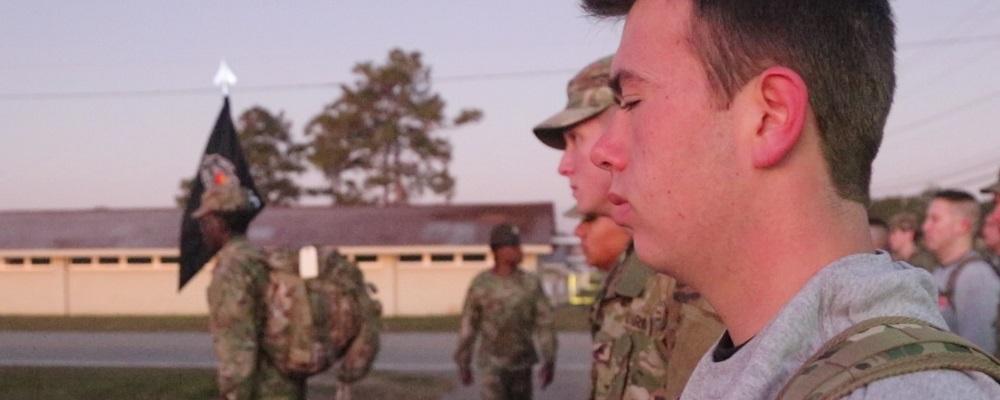
When Mission: Readiness launched in 2009, the nonpartisan organization counted only a few more than a dozen retired generals and admirals in its organization.
Today, the retired senior military leaders backing the organization number more than 750, but the mission remains unchanged — to advocate on behalf of strengthening national security by ensuring children stay in school, stay fit and stay out of trouble.
Mission: Readiness celebrated its first decade of service this month during an event at the National Guard Memorial, the NGAUS headquarters in Washington, D.C. The event featured remarks by Sen. Pat Roberts, R-Kansas, and Sen. Debbie Stabenow, D-Mich. The pair are chairman and ranking member of the Senate Committee on Agriculture, Nutrition & Forestry.
Roberts and Stabenow each noted the importance of continuing the group’s efforts to lobby on behalf of the nation’s children and the dangers if those efforts are unsuccessful.
Today, approximately 71% of youth are ineligible to serve in the military due to fitness, education or legal qualifications. At the same time, recruiters also face a declining propensity to serve in the military.
Retired Maj. Gen. Tom Cutler, a former adjutant general of Michigan, said recruiting struggles are not new. But he said America must better understand the challenges facing today’s youth and how that stands to impact the nation’s security.
Obesity rates among youth continue to rise, albeit at a slower rate than a decade ago. At the same time, officials are working at the local, state and national levels to encourage better eating habits, cut back on junk food and increase physical fitness.
“I’m encouraged by the progress so far,” Cutler said. “If we can just stop the increase then we have some hope. There’s no question we’re making a difference.”
Cutler is among the organization’s roster of generals tasked with appearing on news reports and meeting with elected officials of all levels.
Retired Maj. Gen. Edward Tonini, a former adjutant general of Kentucky, said Guard general officers are uniquely prepared for such a role.
While active-component officers are largely apolitical — outside the halls of the Pentagon — Guard general officers work hand-in-hand with elected leaders at the state level.
“They have to keep an arm’s length from politics in general but in the Guard, that’s our bread and butter,” Tonini said.
A grandfather, Tonini said he understands the fight against obesity and for quality education must be fought in a child’s early years, well before they are thinking of joining the military.
Over the past decade, he has spread that message to boards of education, city aldermen, governors, state legislators and Capitol Hill.
Cutler said retired admirals and generals help spread the message in ways that officials from the food industry or educators can’t by tying ongoing issues back to the nation’s security.
“If we don’t have a larger pool to recruit from, if we can’t ever do better than recruiting from the 29%, we are going to truly struggle to man our force and to achieve the readiness levels we need,” he said.

